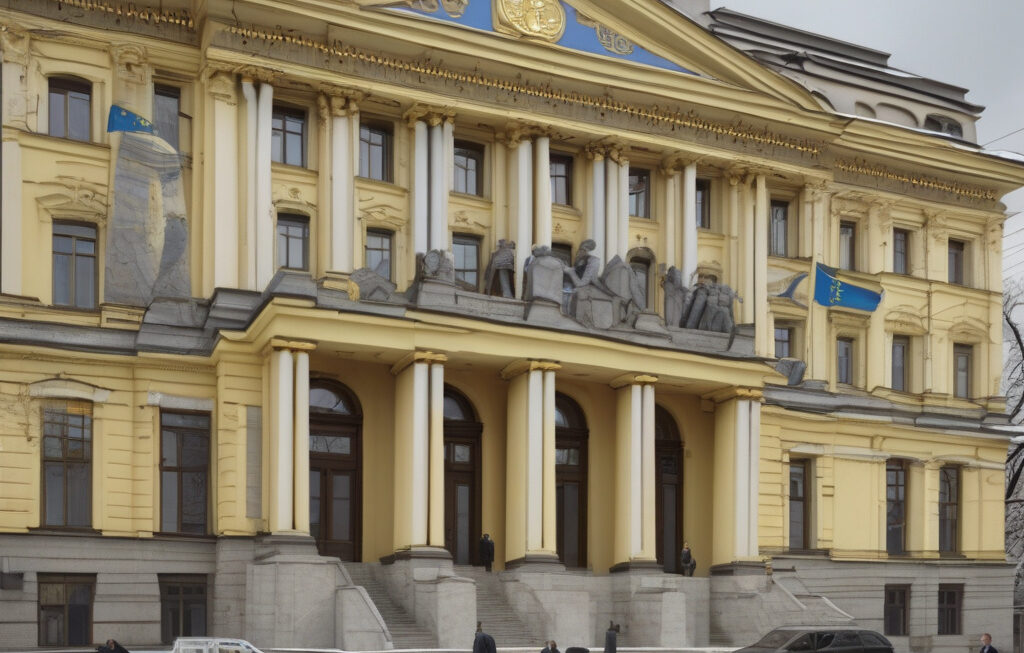Coinbase and Gemini Spark EU Rift Over Crypto Approvals
In the ever-evolving landscape of cryptocurrency regulations, the recent actions taken by Malta and Luxembourg have caused quite a stir within the European Union. These countries have been known for their rapid approval of crypto licenses, particularly for major players like Coinbase and Gemini. While this may seem like a positive move towards embracing innovation and fostering growth in the digital asset industry, it has also raised concerns among EU watchdogs.
The decision of Malta and Luxembourg to expedite the approval process for cryptocurrency firms has drawn the attention of regulatory bodies within the EU. The fear of a potential race to the bottom in attracting prominent companies in the crypto space has prompted scrutiny and calls for a more unified approach to licensing and oversight.
Coinbase and Gemini, two of the most well-known cryptocurrency exchanges globally, have been at the center of this controversy. Both companies have successfully obtained licenses to operate in Malta and Luxembourg, taking advantage of the favorable regulatory environment in these countries. While this has allowed them to expand their services and reach a broader market within the EU, it has also highlighted the lack of consistency in regulatory practices across member states.
The concern raised by EU watchdogs is valid, as the disparity in crypto regulations among member states could create loopholes and regulatory arbitrage opportunities for companies looking to benefit from lenient oversight. A fragmented regulatory framework not only poses risks in terms of financial stability and investor protection but also hinders the development of a level playing field for businesses operating in the digital asset sector.
To address these challenges, there is a growing need for closer collaboration and coordination among EU member states when it comes to crypto licensing and supervision. A harmonized approach to regulation would not only ensure a more consistent and transparent framework for companies seeking to operate in the EU but also enhance the region’s competitiveness in the global crypto market.
Countries like Malta and Luxembourg, known for their proactive stance towards crypto innovation, can set a positive example by aligning their regulatory standards with broader EU guidelines. By working together to establish common regulatory principles and standards, EU member states can foster a more conducive environment for the growth of the digital asset industry while upholding the necessary safeguards to protect investors and maintain market integrity.
As Coinbase and Gemini continue to expand their operations in Europe, the debate over regulatory approvals highlights the complexities and challenges inherent in the evolving crypto landscape. While innovation and competition are essential drivers of growth, a balanced regulatory approach that ensures compliance and consumer protection is equally crucial for the long-term sustainability of the industry.
In conclusion, the rift sparked by Coinbase and Gemini’s rapid crypto approvals in Malta and Luxembourg underscores the pressing need for a more coordinated and harmonized regulatory framework within the EU. By addressing regulatory gaps and promoting consistency across member states, the EU can strengthen its position as a global leader in crypto regulation and pave the way for a more secure and vibrant digital asset ecosystem.
#Coinbase, #Gemini, #EUregulations, #cryptocurrency, #digitalassets.












